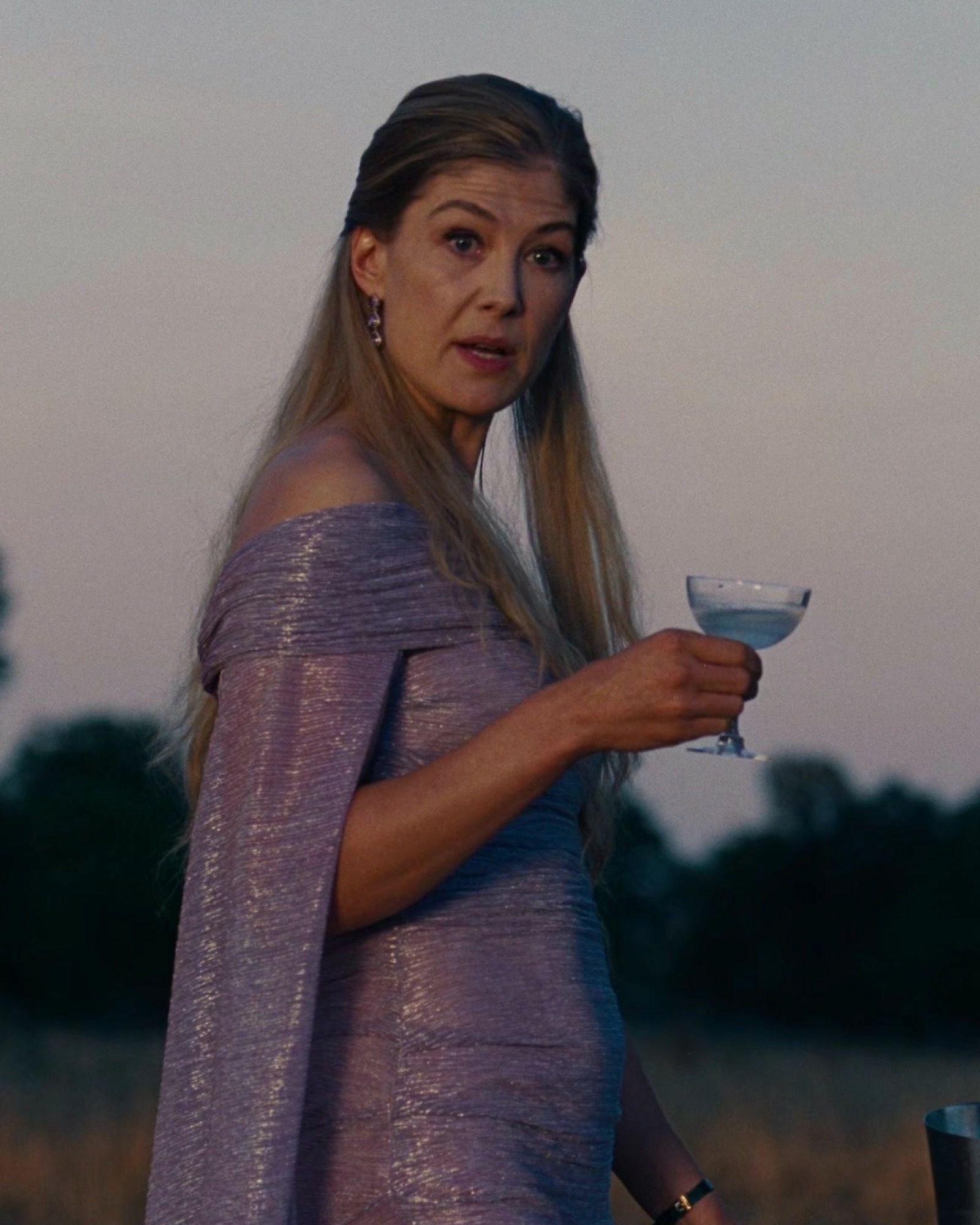
Dry January' is the most popular resolution for 2024 A very smart trend
Holidays - more or less in all European countries - are traditionally periods during which no limits are set, especially concerning alcohol, which tends to abound in the homes of most families and on the counters of every city's bars. This year, leading up to the month of January, countless memes about Dry January have invaded the For You Page of TikTok users: but what is it all about? Dry January is an initiative born in 2013 in the United Kingdom thanks to Alcohol Change UK, and it involves abstaining from alcohol for the entire month of January, 31 days following a period when excess is usually the norm. Over the years, this campaign has gained a lot of popularity because it has been shown that saying "no" to alcohol can bring many health benefits, and the Generation Z seems to want to experience them all. This is evident in the "self-improvement" videos shared by users on TikTok, through what seems to have become a true trend of displaying sobriety. However, it is incorrect to claim that Dry January has become a contemporary trend: it has not lost its essence and purpose; it has simply modernized, finding a new outlet - social networks - which has encouraged many to start a real battle.
@itvnews Are you doing Dry January, or going 'damp' instead? #itvnews #dryjanuary #soberissexy #newyear original sound - itvnews
The Dry January campaign has become fertile ground for those who know the true negative sides of alcohol and fight daily to condemn its unrestrained and irresponsible use. In particular, teachers, doctors, and academics have mobilized, sending a letter to the French Ministry of Health accusing the government of not making enough effort to discourage alcohol consumption. As reported by Il Post, experts argue that Dry January - called défi de janvier in French - has the potential to become an important means to promote public health. The response from Emmanuel Macron was prompt: the president opposed the (partial or total) ban on alcohol consumption because the wine industry is too important, employing 500,000 people. In short, the government absolutely does not want to institutionalize a ban.
@gabepietrafesa one year sober but whose counting #fyp #dryjanuary original sound - 06nissan
The month of abstinence from alcohol would not be an obstacle for an industry with annual revenues in the hundreds of millions but rather a "reflection" moment for Gen Z, a generation symbolic of the decline of a "transgressive" drinking culture. Forbes reports that the non-alcoholic beverage sector has exceeded $11 million in annual revenue, while IWSR claims that 82% of people who consume non-alcoholic drinks also consume alcoholic ones. It seems that Generation Z is capable of adopting a certain moderation in alcohol consumption, and this is also due to the increasingly widespread trends related to wellness and fitness. Whether the trend of mocktails may not stop and coexist with Parisians chatting while sipping a glass of wine in aesthetic venues is a realistic ending to hope for. Probably and realistically, Generation Z will explore aspects of alcohol that no young person had ever considered: the aesthetic, the rebirth linked to abstinence, letting go of the purchase of (inferior) six-liter vodka bottles overpriced in nightclubs.














































